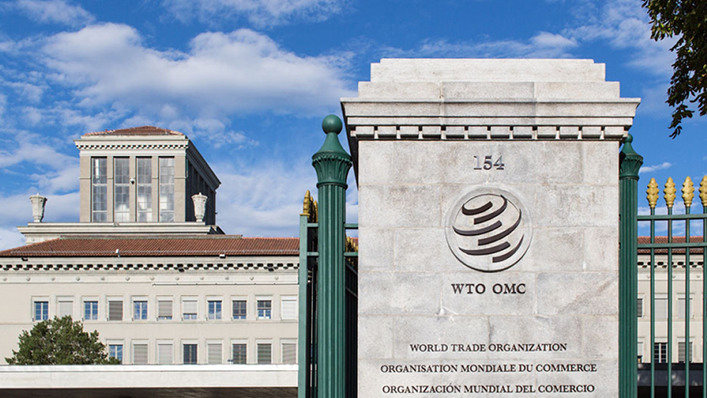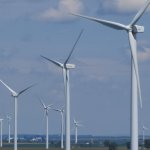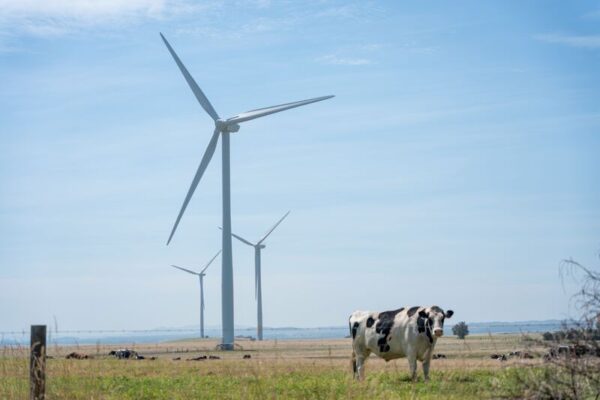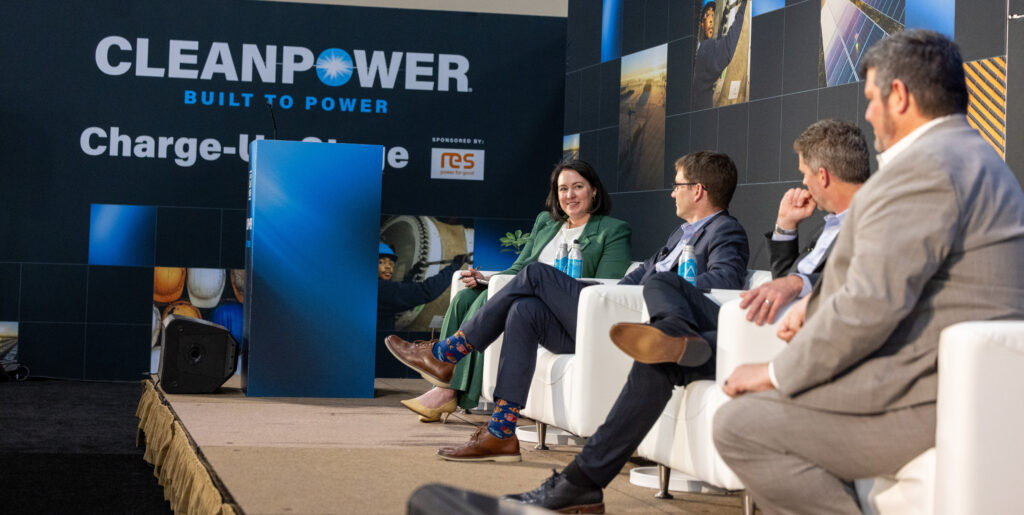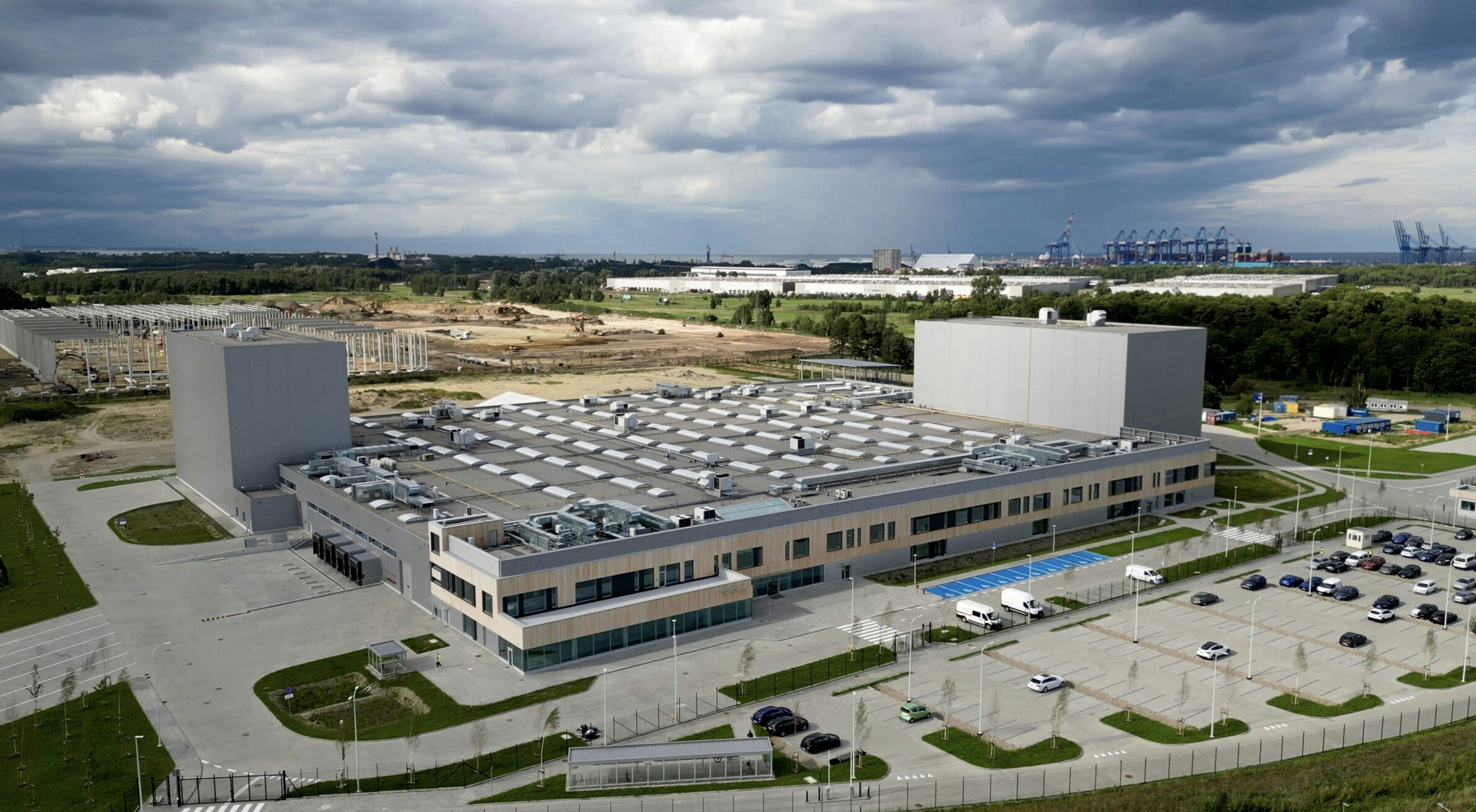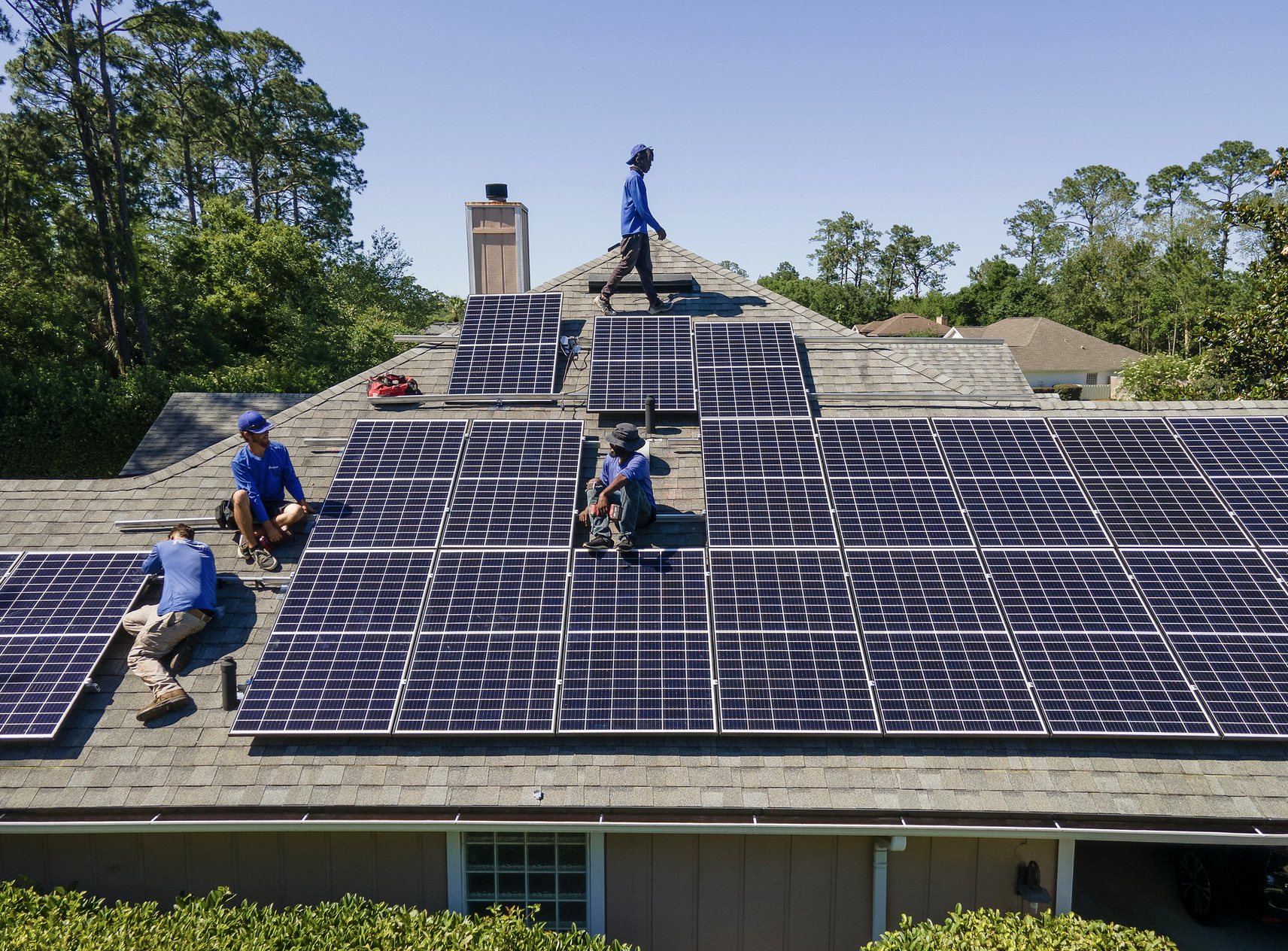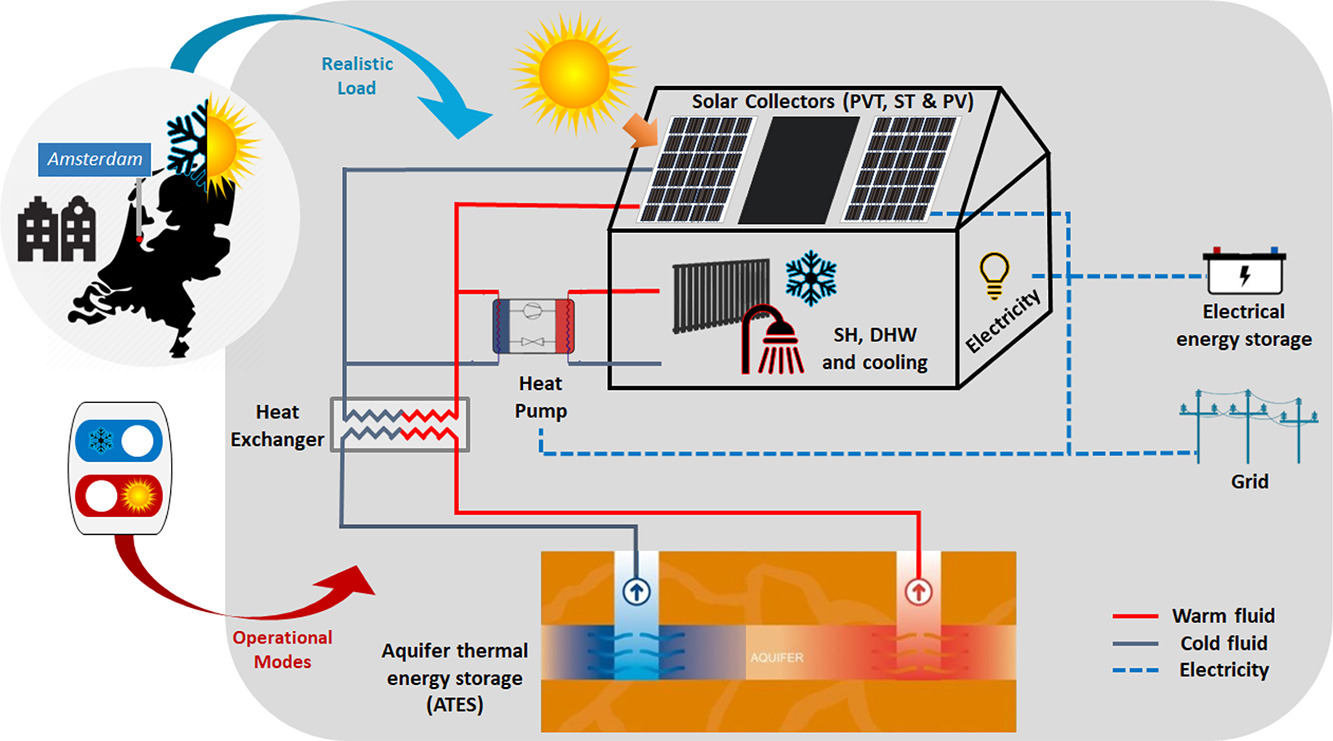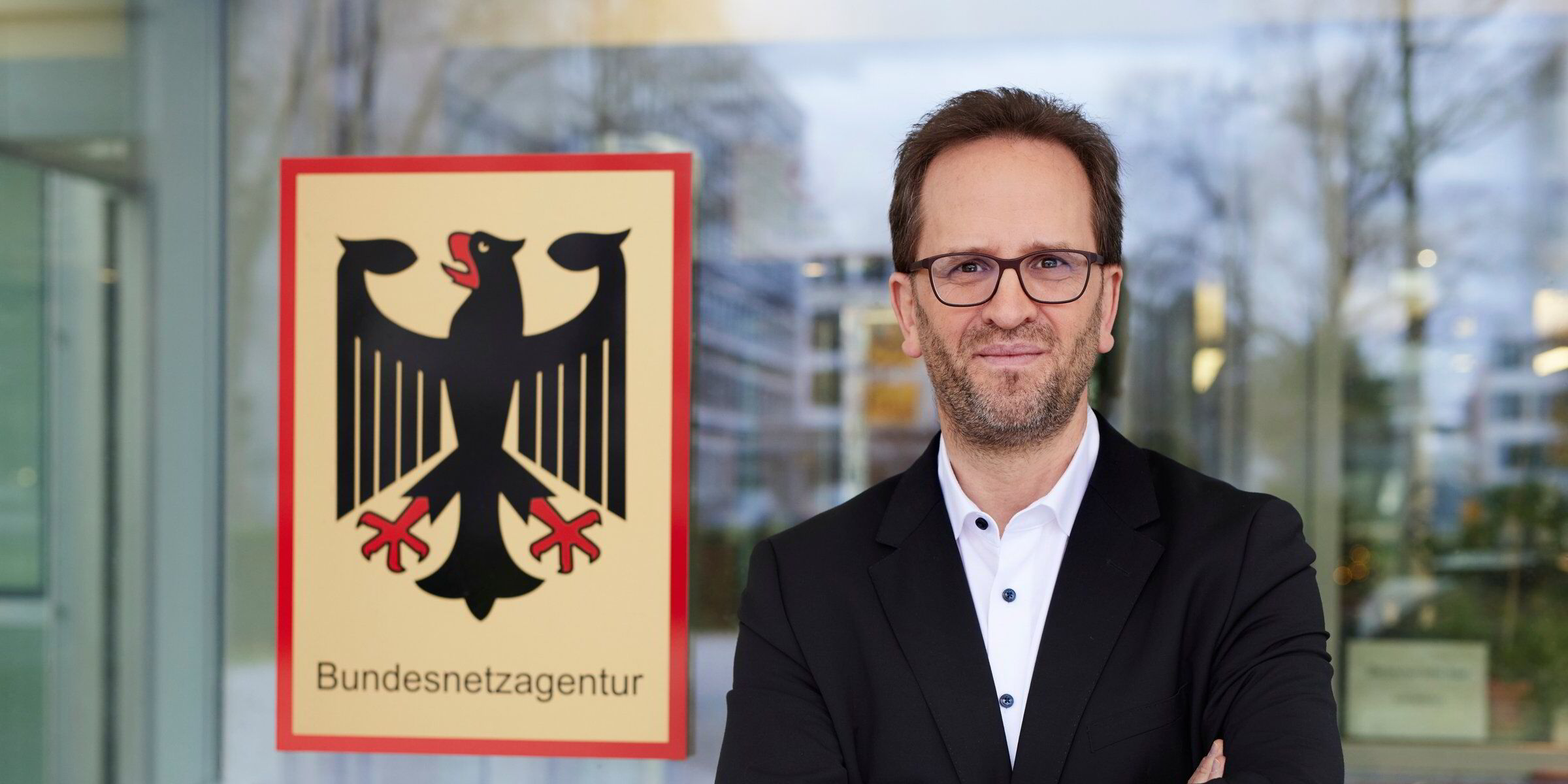Veolia and Waga Energy inaugurate Granges RNG
In France, global resource management major Veolia and landfill gas to biomethane technology provider Waga Energy SA in partnership with GRDF, a key player in France's gas transition, have officially inaugurated a renewable natural gas (RNG) production facility at the Granges landfill site, in Burgundy.

In operation for several months, this state-of-the-art unit supplies more than 3,000 households in the community with biomethane aka renewable natural gas (RNG).
At the same time, it prevents the emission of an estimated 3,300 tonnes of carbon dioxide equivalent (CO2eq) into the atmosphere per annum, based on the methodology defined by the European Renewable Energy Directive II (RED II) and using International Sustainability and Carbon Certification (ISCC) certified emission factors for a standard WAGABOX project in France.
Sixth joint RNG project
This is the sixth RNG commissioning project carried out jointly by Veolia and Waga Energy in seven years.
The WAGABOX units installed at Veolia sites have a total installed capacity of 802,000 MMBtu per annum (235 GWh/y), enabling them to supply more than 35,000 French households and prevent the emission of approximately 40,000 tonnes of CO2eq per annum.
We’re proud and excited to continue our partnership with Veolia, a global leader in waste treatment and recovery—a collaboration that began seven years ago. Together, we’re proving that, when properly managed and equipped to capture and convert gas, landfill sites can play a key role in the energy transition. This sixth joint project highlights the potential of these sites to produce large volumes of renewable natural gas at competitive prices, helping in the fight against climate change. I also want to recognize the outstanding teamwork on the ground—our teams’ dedication and expertise have been essential in making these ambitious and complex projects a reality, said Mathieu Lefebvre, CEO of Waga Energy.
Proprietary WAGABOX technology
The Granges facility utilizes Waga Energy’s patented WAGABOX technology to capture and upgrade landfill gas (LFG) naturally generated by waste stored on site.
Its output is fed into the local gas grid operated by GRDF via a four-kilometer pipeline connection built as part of the project.
The unit can treat up to 400 standard cubic feet per minute (scfm), or 600 cubic meters per hour (Nm3/hr) of raw biogas.
This project demonstrates our commitment to facilitating the injection of locally produced renewable gas. By ensuring connection to the network, GRDF is fully playing its role as a key player in the energy transition, serving local communities. It is helping to achieve our ambition of reaching 25 percent green gas in the Burgundy-Franche-Comté region by 2030, said Eric Passetti, Regional Director for Burgundy-Franche-Comté at GRDF.
A landmark project for the region
The Granges waste recovery center, near Chalon-sur-Saône, is operated by Valbara, a subsidiary of Veolia. It processes up to 130,000 tonnes of waste annually.
The RNG production unit replaces one of Granges’ two combined heat and power (CHP) engines, improving its energy efficiency and environmental performance through the production of renewable gas.
RNG, a pillar of the energy transition, provides an alternative to fossil gas for uses that remain largely dependent on fossil fuels, such as heating, transportation, and industry.
This circular economy project strengthens the energy autonomy of the Greater Chalon community and contributes to the energy independence of the Burgundy-Franche-Comté region.
With the production of RNG injected into the network thanks to the WAGABOX unit, the “Pôle de Valorisation des Déchets” (landfill center) of Granges is now generating even more green energy from waste, in addition to the electricity already produced on site. This equipment is fully in line with the site’s development and the Veolia Group’s ambition to offer concrete solutions to accelerate the ecological transformation of territories, by reducing the use of fossil fuels and lowering their carbon footprint, said Anaël Gendre, Director of Veolia’s industrial units in the Burgundy, Auvergne, Rhône-Alpes region.
What's Your Reaction?










